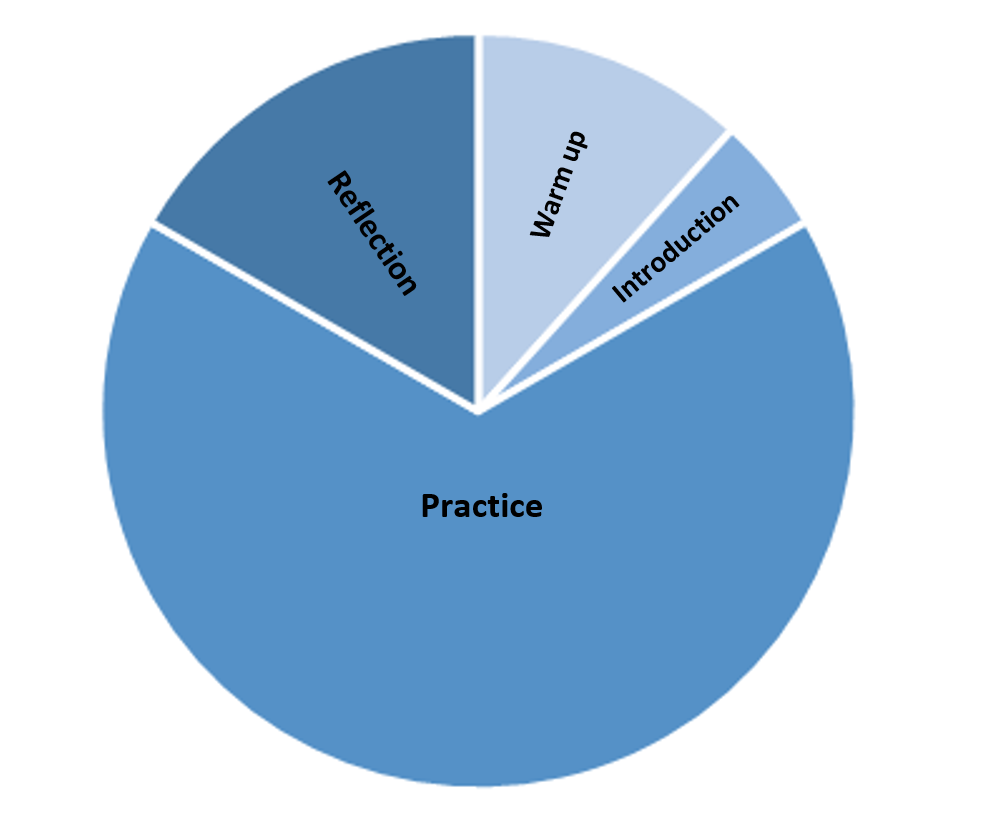At St Georges Rd Primary School we understand that for students to be engaged in their learning and making progress they need to have an understanding of their emotional and mental capabilities.
Social curriculum is a means to teach students how to interact and empathize with one another. It is how to ensure students feel good about themselves and their relationships. When students learn a social curriculum they are socially aware and emotionally intelligent. They understand their emotions as well as the emotions of others.
The way we teach The Social Curriculum is by using a variety of programs that address the Victorian Personal and Social Capabilities.
RESILIENCE, RIGHTS & RESPECTFUL RELATIONSHIPS
Teaching for Social and Emotional Learning and Respectful Relationships. This program was created to develop students’ social, emotional and positive relationship skills. Efforts to promote social and emotional skills and positive gender norms in children and young people has been shown to improve health related outcomes and subjective wellbeing. It also reduces antisocial behaviours including engagement in gender-related violence.
Play is the Way
PLAY IS THE WAY® is a practical methodology for teaching social and emotional skills using guided play, classroom activities and an empowering language.
It is a process that gives primary schools a way to develop, improve and entrench the personal and social capabilities of students.
Smiling Minds
Smiling minds is building healthy minds, engaged classrooms and mindful learning environments. Wellbeing is essential for learning. With mindfulness, students are more focused and more engaged learners.
The Berry St Education Model
The Berry Street Education Model provides schools with the training, curriculum and strategies to engage even the most challenging students. This education initiative is different because it is based on proven positive education, trauma-informed and wellbeing practices that enable students’ academic and personal growth. The model is unique because it educates schools and their leaders to reinforce and sustain cognitive and behavioural change, thereby re-engaging young people in learning and progressing their academic achievement.


